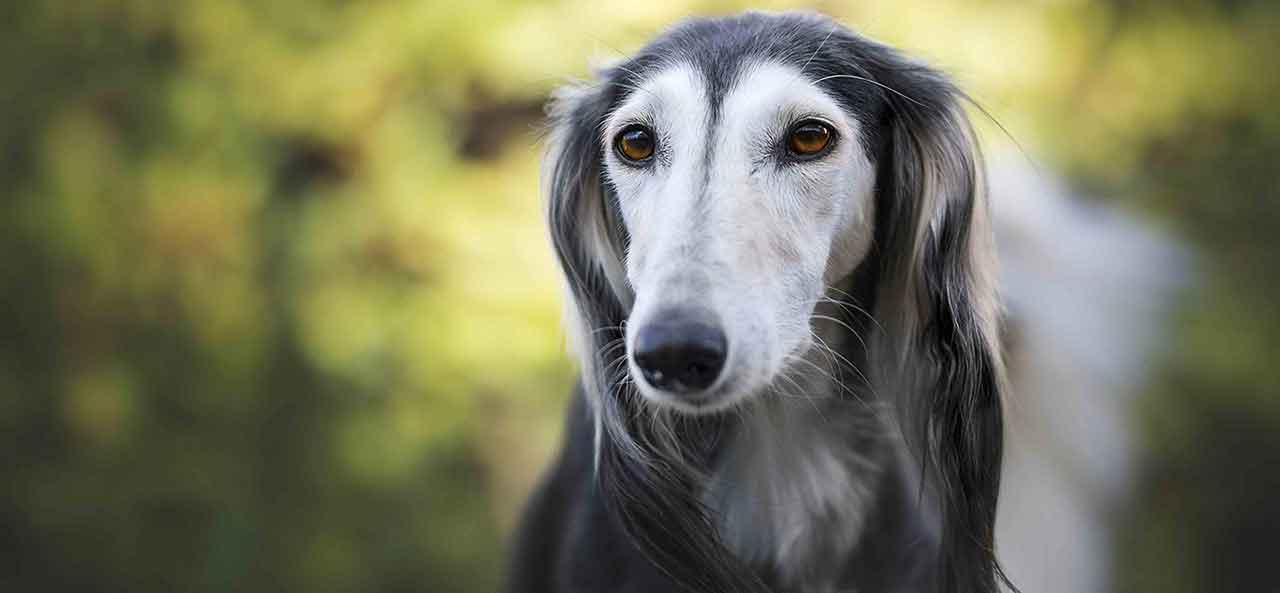With a lot of focus around mental illness and understanding the causes and how best to treat these debilitating conditions; it’s also worth discussing how our beloved furry friends suffer with crippling fear and anxieties. In fact, there are some dog breeds that are prone to suffering with fear and anxiety, dog breeds such as; Siberian Husky, Border Collie, Poodle, Greyhound and the German Shepherd.
The majority of phobias and fears start from a very young age, from as little as 12 - 36 months. Often, a profound case of fear which leads to withdrawal, normally occurs between 8-10 months old. In some cases, the onset of separation anxiety in older dogs is caused by the decline in learning, thinking and their memory.
Symptoms of anxiety in dogs
- Panic: Behaviour of wanting to escape, increased out of context behaviour which can lead to a potential accident.
- Fears: Signs that include, withdrawal, reduced want of activity and play, trembling and tucking of their tail.
- Excessive licking or biting themselves
- Autonomic nervous symptoms such as diarrhoea
What causes anxiety and fear in dogs
Any painful condition or illness that your dog has been subjected to or suffered from, can result in the onset of anxiety and irrational fears. As your dog ages they may also develop separation anxiety as their nervous system starts to age. Some dogs unfortunately, suffer pain through terrible living conditions and neglect, this often leads to extreme cases of anxiety and crippling fear and their trust will never be the same again. Dogs that haven't been socialised properly are prone to developing anxiety to other dogs and people as they haven't been taught how to socialise properly. Any form of abandonment in their puppy years or form of neglect can also lead towards fears and anxieties in adolescent years.
The diagnosis stages
If you're concerned that your dog may be suffering with any of the above conditions that you must take them to the vet immediately. On some occasions these symptoms signify other illness such as thyroid problems and brain disease.
If your vet does diagnose your dog with a fear related condition or anxiety, then they can treat this with suitable medication and therapy, just as doctors treat humans suffering with similar conditions.
Management for dogs with fear and anxiety
Providing your dog has been medicated by your vet and is receiving some sort of therapy or behavioural training, then you can help care for your dog at home. You will need to commit to regular blood tests, so the vet can keep an eye on their health and whether they're healthy enough to keep on taking the medication. You should never leave your dog untreated as this is neglect and will lead to a very unhappy dog and their condition will worsen.
Ways to prevent anxiety and fear in dogs
From a young age you should expose your dog to as many social situations that are suitable. This will help decease any fearful behaviour. Puppies that are not exposed to social situations until 14 weeks of age will develop fears and on-going behavioural issues.
As with any health concern, if you are at all concerned you must seek veterinary advice. Your dogs health is priority and part of being a responsible owner.




